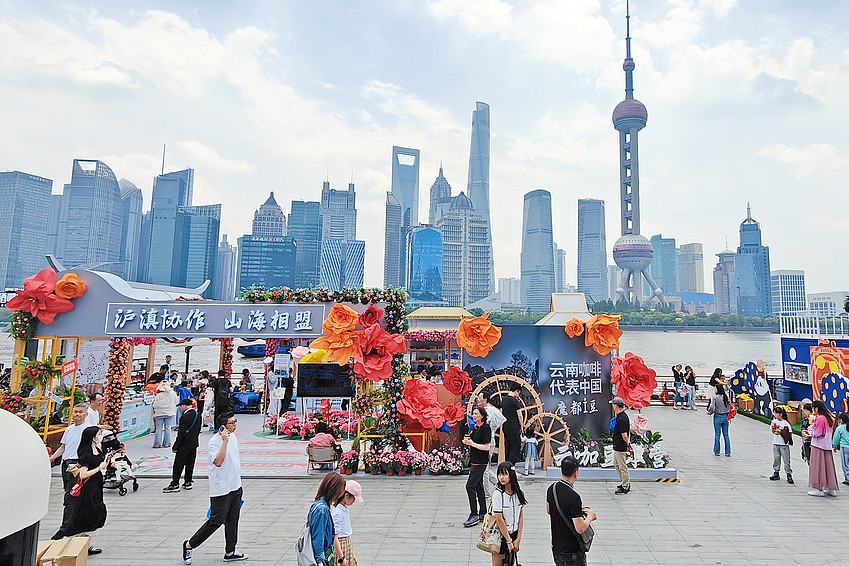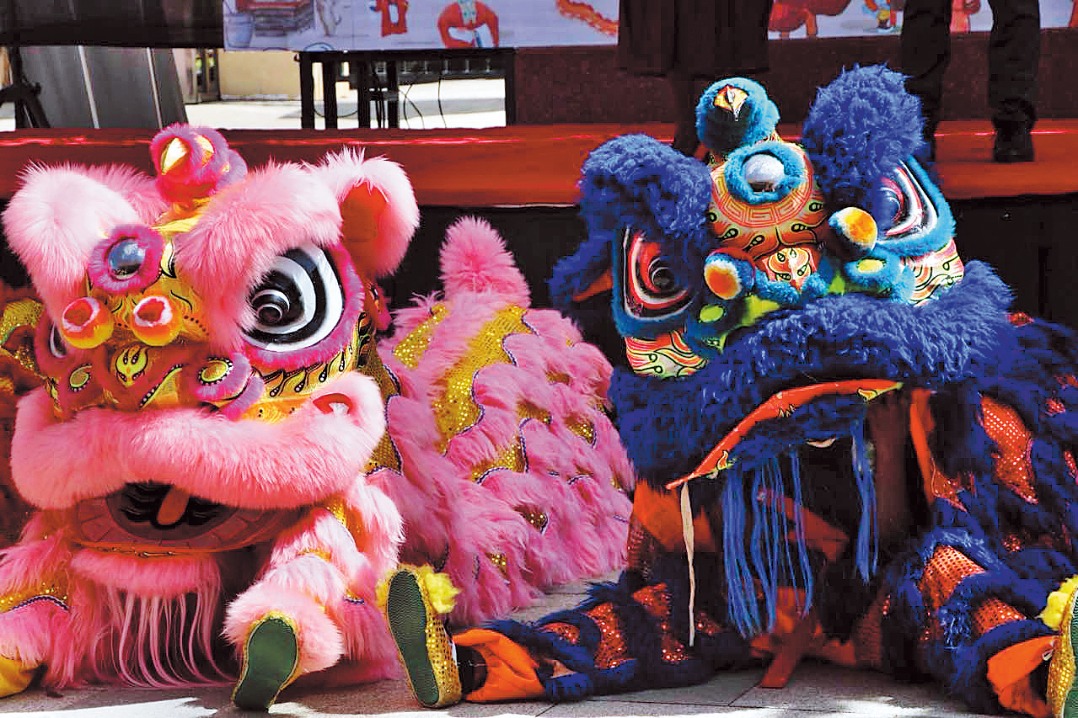Rejuvenation and a civilizational renaissance


A more conscious and systematic reinterpretation of Chinese traditional civility would better reflect the country's image
"Know thyself", the ancient Greek aphorism inscribed on the Temple of Apollo at Delphi, is commonly interpreted as an encouragement for practicing personal reflective introspection, but it can also be applied to larger political entities.
In The Art of War, the ancient Chinese philosopher and military strategist, Sun Zi, wisely advised a dual evaluation of internal and external situations as the way to strategic preeminence.
Over the past 100 years, China has been transforming itself for the better. Bearing similarities to the logic that characterizes traditional Chinese medicine, the country found in itself the causes of its weaknesses and sought to treat them. It avoided being paralyzed by the endless blaming of external factors for its relative decline in the 19th century.
In 1949, Mao Zedong, chairman of the Communist Party of China, famously proclaimed that the Chinese people had stood up. It was a powerful revolutionary statement. His successor, Deng Xiaoping, building upon the foundations of the People's Republic of China, opened an era of growing economic prosperity.
That the world's perception of China evolved while it became a major power should not come as a surprise. Understandably, Chinese analysts tend to focus on the non-Chinese factors impacting international relations. However, a Chinese expert in foreign affairs can devote a life observing the United States, the European continent, or India, but it should do so in parallel with the studies of its own country. The same applies, of course, to any commentator of international affairs, wherever the point of observation.
Post-1949 Chinese achievements have been possible thanks to a strict application of Sun Zi's thought, know the enemy and know yourself. It is in continuity with this reflective strategic spirit to suggest that China would make some significant gain if she could complete her rejuvenation by a civilizational renaissance.
China, a civilization-state more than a nation-state, is once again, in its long history of rises and declines, close to reaching the best version of herself. It can do so by having the civilizing forces of civility, aesthetics, humanities, and humanism intensively expressed across its society.
Signs of such a civilizational renaissance throughout the Chinese world have already emerged. However, a more conscious and systematic reinterpretation of Chinese traditional civility, an emphasis on aesthetics, on humanities, and on humanism would have a positive effect on the Chinese world, and would greatly contribute to its international prestige. In other words, China's civilizational renaissance would invalidate all the arguments that the "China threat "narrative invokes.
Confucianism has deeply impacted Chinese culture. The concept of li that can be interpreted as civility, is one of the keys to the understanding of Confucius's Analects. In a world where de-civilizing phenomena poison countries that are thought to be advanced, a renewed focus on li, would reinforce China internally, and it would be a source of inspiration for the world.
Civility should not be trivialized. It is a generator of social harmony and, as such, is a source of soft power. While happiness presupposes a certain level of material comfort, it also requires a society where the relations among its members are peaceful and polite. A country refraining from brutalism and rudeness would be a polity of high human and social development.
A flourishing artistic scene would be also a key component of China's civilizational renaissance. Be it in schools or in universities, in the planning and architecture of new constructions, aesthetics should be one of the guiding principles. A quest for beautiful forms can only enrich the Chinese transformation and make it more desirable across the world.
An aesthetic renaissance should not be restricted to the highest forms of artistic expressions. It can be related to everyday life. It was Hangzhou's daily life that Marco Polo marveled at 800 years ago. Today, in Henan province, one can still appreciate the harmonious richness of Kaifeng, the capital of Song Dynasty (960-1279) where Zhang Zeduan immortalized the scene Along the River During the Qingming Festival in the 12th century, making it easy to imagine the visiting Venetian's wonder at China's urban abundance.
The civilizing delicacy of Chinese mores can be found now and then in tea culture, cuisine, fashion, craftsmanship, but also, of course, in the unique Chinese writing system.
A civilizational renaissance is a moment to increase the awareness of the beauty of Chinese characters, to celebrate calligraphy, and to let it infuse social interactions in China and beyond.
The aesthetics of the Chinese writing system leads to the importance of reconnecting with the humanities. The crisis of humanities is not a specific Chinese issue, but given the depth of its classical tradition, China is uniquely positioned to revive its humanities to balance the development of technology.
A society exclusively composed by scholars or literati would not necessarily be attractive, but at the opposite end of the spectrum, nothing would be more alienating than to live in a world of technological platforms disconnected from classical intellectual and cultural content.
Humanities shape humanistic values. Humanism does not oppose evolution, it simply guarantees that changes remain ethical, that is, at the service of the dignity of people.
In that sense, humanism is the long-term answer to the ecological crisis since the uncompromising respect of human life presupposes the care for the environment of which it is a part.
If it were a language, the Chinese civilizational renaissance would have its grammar, civility; the form of its writing system, aesthetics; its lexicon, humanities; and its semantics, humanism.
The speed and magnitude of the Chinese return to a central position in international affairs can raise legitimate interrogations. Should this return take the form of a civilizational renaissance, its objective contribution to mankind would be irresistible.
The author is the founder of the Europe-China Forum. The author contributed this article to China Watch, a think tank powered by China Daily. The views do not necessarily reflect those of China Daily.


































